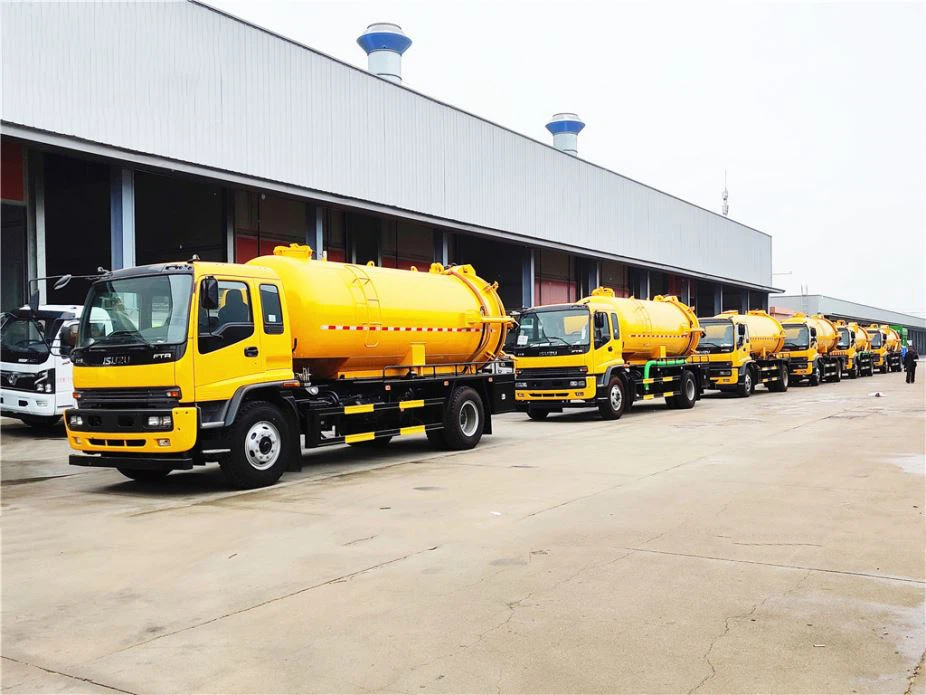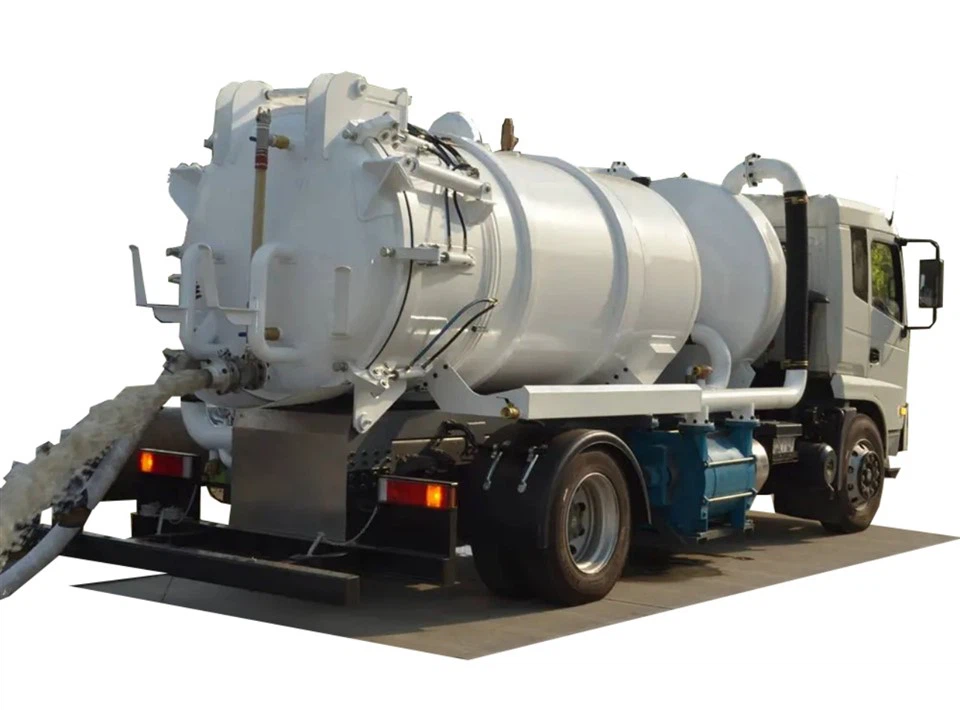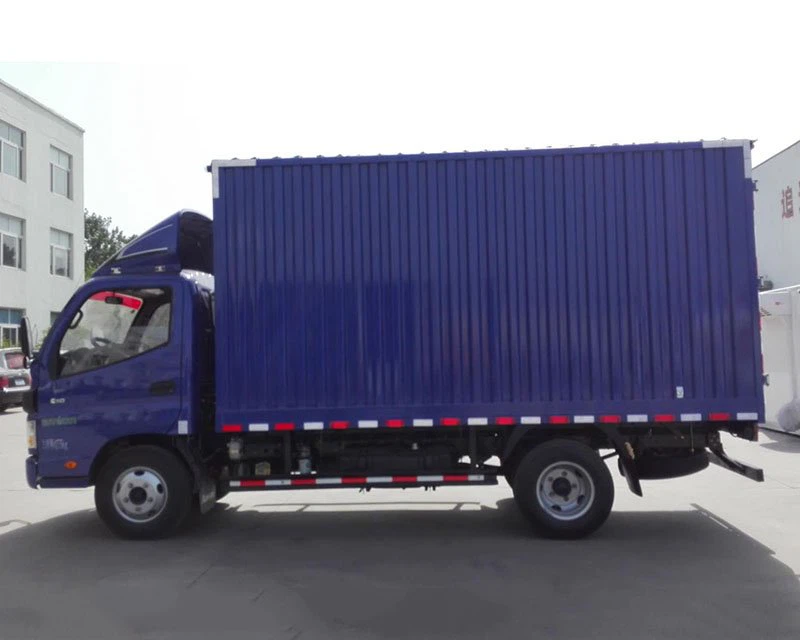Understanding Hydro Vac Trucks: The Future of Excavation Services

Hydro vac trucks, also known as hydro excavators, have revolutionized the excavation and utility industry by offering a safer and more efficient alternative to traditional digging methods. This comprehensive article delves into the ins and outs of hydro vac trucks, their benefits, applications, and tips for choosing the right service provider.
What Are Hydro Vac Trucks?

Hydro vac trucks are specialized vehicles designed to use high-pressure water to break up the ground, combined with a powerful vacuum system to remove the debris. This method of excavation is often referred to as hydro excavation.
How Hydro Vac Trucks Work
Hydro vac trucks operate using a straightforward mechanism. Here’s how it works:
- The truck’s water tank stores pressure-controlled water, which is directed to a specialized nozzle.
- High-pressure water jets break up the soil or material.
- A vacuum hose removes the slurry created by the water and soil combination, depositing it into the truck’s debris tank.
Components of a Hydro Vac Truck
| Component | Function |
|---|---|
| Water Tank | Holds high-pressure water for excavation. |
| Debris Tank | Collects the slurry and excavated material. |
| Vacuum System | Powers the suction required for slurry removal. |
| Pressure Pump | Maintains the appropriate water pressure for effective excavation. |
| Nozzle | Directs high-pressure water to break up the ground. |
Advantages of Using Hydro Vac Trucks
The popularity of hydro vac trucks has grown significantly due to their numerous advantages over traditional digging methods.
1. Safety
Hydro excavation significantly reduces the risk of damaging underground utilities. The precision of the water jet helps avoid accidents that can lead to serious injuries or costly repairs.
2. Efficiency
The speed of hydro excavating is remarkable compared to manual digging, allowing for faster project completions and minimized labor costs.
3. Environmental Benefits
This method causes minimal disruption to the surrounding environment. The ability to reuse extracted material further reduces waste.

4. Versatility
Hydro vac trucks can be used in various applications, such as potholing, trenching, and slot trenching, making them suitable for numerous projects.
Common Applications of Hydro Vac Trucks
Hydro vac trucks have a range of applications across various industries:
Potholing
Potholing is the process of exposing underground utilities without causing damage. Hydro vac trucks are ideal for this application as the method is less disruptive and reduces the potential for accidents.
Trenching
In pipeline or cable installation, hydro excavation’s precision ensures minimal surface disruption while creating trenches of desired dimensions, making it suitable for utility installations.
Slot Trenching
Slot trenching is a narrow excavation used when accessing underground utilities of limited dimensions. Hydro vac trucks excel in creating these slots without extensive surface disruption.
Non-destructive Digging
Hydro vac is synonymous with non-destructive digging, allowing organizations to maintain safety and adhere to regulations while excavating.
Choosing the Right Hydro Vac Truck Service Provider
Not all hydro vac service providers are created equal. Here are key factors to consider when choosing a provider:
1. Experience
Look for a provider with a proven track record. Experienced companies are likely to have the expertise to handle various projects safely and efficiently.
2. Equipment Quality
The quality of the trucks and equipment used is crucial. Ensure that the provider operates well-maintained and modern hydro vac trucks.
3. Safety Record
Research the company’s safety record and procedures. A reliable service provider prioritizes safety in all operations.
4. Customer Reviews
Check online reviews and testimonials to gauge previous clients’ satisfaction with the service. Positive feedback is often an indication of quality service.
Cost Factors for Hydro Vac Services
Understanding the costs associated with hydro vac services can help you prepare for a project budget. Here are some factors that influence pricing:
1. Project Type
Different applications (e.g., potholing, trenching) may have varying costs based on complexity and duration.
2. Location
Mobility and accessibility can impact costs. Projects in tight spaces or hard-to-reach locations may incur additional charges.
3. Depth of Excavation
The depth of excavation directly affects project duration and complexity, subsequently influencing costs.
4. Time of Year
Seasonal factors may also play a role in pricing, as demand for hydro vac services may fluctuate based on project timelines and weather conditions.
Best Practices for Hydro Excavation Projects
To ensure a successful hydro excavation outcome, consider these best practices:
1. Conduct a Utility Locate
Before beginning any digging project, always perform utility location services to avoid damaging underground lines.
2. Follow Safety Protocols
Make sure all personnel involved are trained in safety protocols related to hydro excavation operations.
3. Communicate Effectively
Maintain clear and consistent communication between all stakeholders throughout the project.
4. Document Findings
Record the specifics of the excavation for future reference, which can be beneficial for maintenance and project planning.
Emerging Trends in Hydro Excavation
The hydro excavation industry is evolving with technology. Here are some noteworthy trends:
1. Automation
Technological advancements have introduced semi-automated hydro vac systems, increasing efficiency and potentially decreasing labor costs.
2. Enhanced Water Recycling
New systems enable water recycling, making hydro excavation more sustainable by reducing the need for fresh water for each project.
3. Integration with GIS Technology
More companies are using Geographic Information Systems (GIS) to better map underground utilities and improve planning for hydro excavation projects.

Frequently Asked Questions
1. What is the typical cost of hydro vac services?
The cost can vary widely based on project requirements, but on average, services can range from $150 to $300 per hour, depending on complexity and location.
2. How deep can hydro vac trucks excavate?
Hydro vac trucks can typically excavate depths up to 20 feet, but this may vary based on soil conditions and specific truck capabilities.
3. Are hydro vac services environmentally friendly?
Yes, hydro excavation is deemed environmentally safe as it minimizes disturbance to the surrounding earth; water is the primary tool, resulting in less waste.
4. How long does a hydro vac excavation project take?
The duration depends on the project scope; smaller jobs may take a few hours, while larger projects might extend over several days or weeks.
5. Do hydro vac trucks require special permits?
Permitting requirements can vary widely by location and project type. It’s essential to check local regulations and possibly coordinate permits before starting work.
6. Can I use hydro vacs in winter conditions?
Yes, hydro vac trucks can operate in winter; however, precautions and adaptations may be necessary to deal with freezing temperatures and ice.
